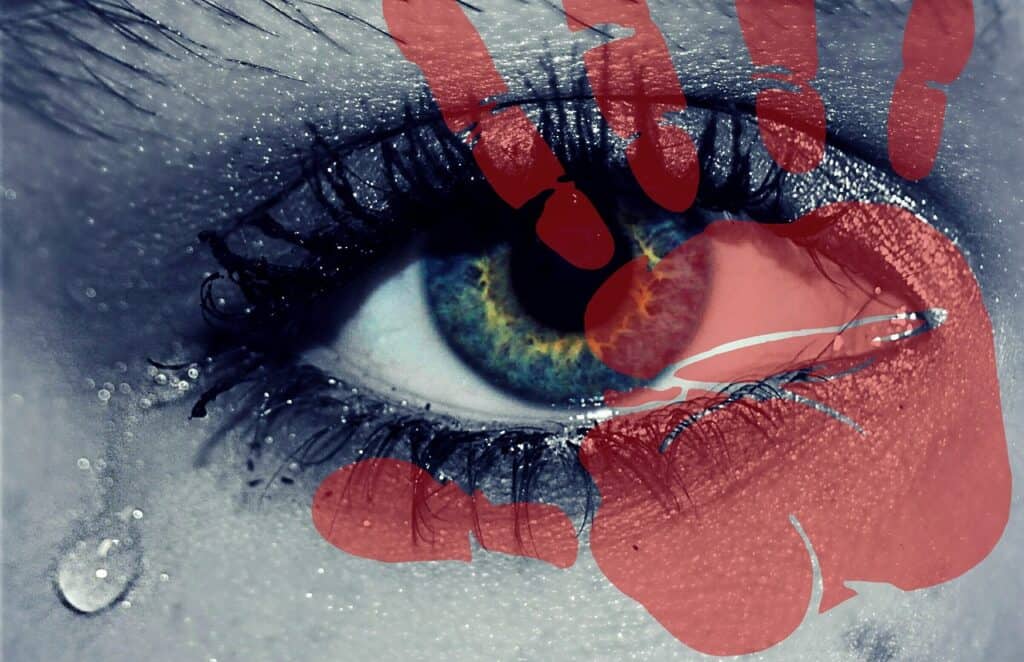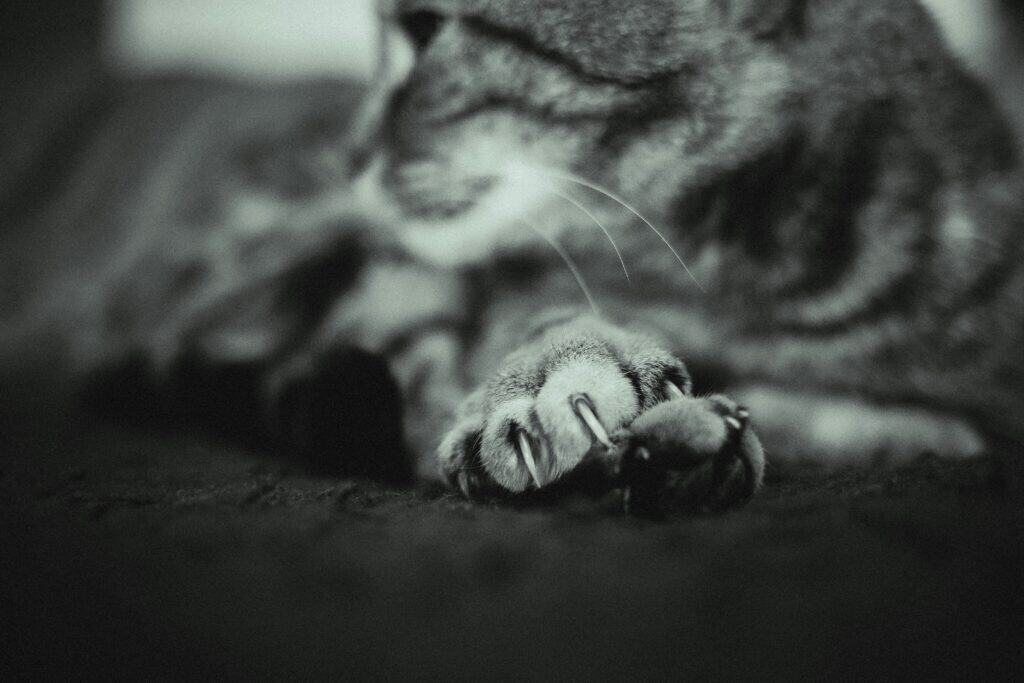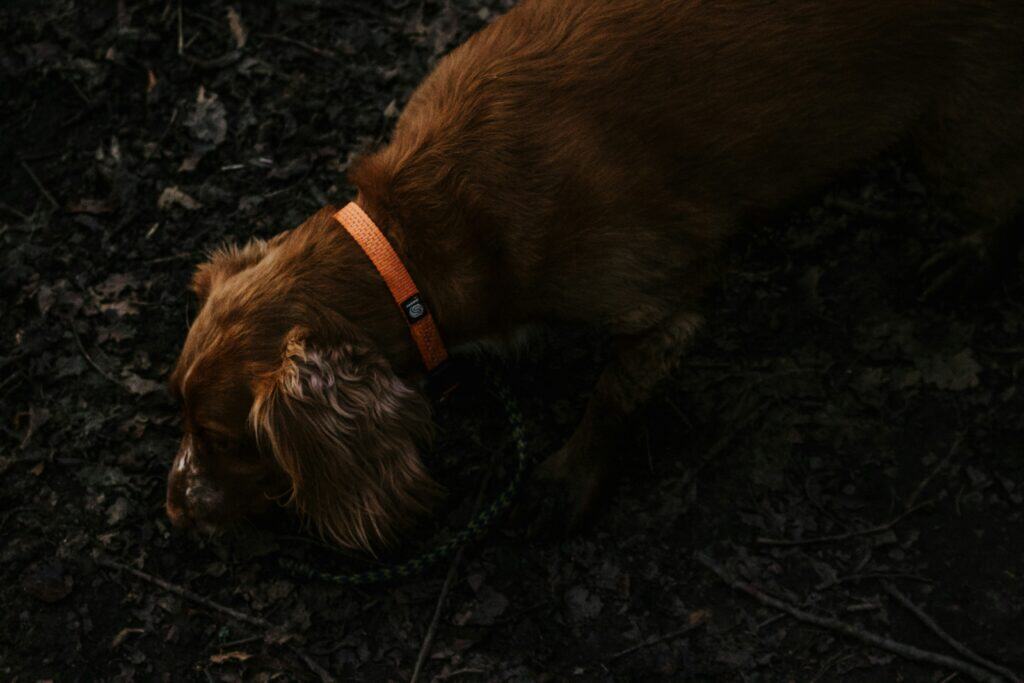Check how old is your pet in human years using our Pet Age Calculator.
Losing a pet can feel like losing a piece of my heart. Pets offer unconditional love and companionship that often surpasses what I find in human relationships.
They’re not just animals; they’re family members who share our lives and emotions, creating deep bonds that can be hard to articulate.
When a pet passes away, the grief can be overwhelming, sometimes even more intense than losing a friend. This unique pain stems from the pure, non-judgmental love pets provide, along with the daily routines and memories we built together.
In this article, I’ll explore the reasons why the loss of a pet can cut deeper than the loss of a human friend, shedding light on the profound connections we share with our furry companions.
Table Of Contents
- 1 Why Loss of a Pet Hurts More Than a Friend: Understanding Pet Loss
- 2 The Grieving Process
- 3 Social Support and Perception
- 4 Coping Strategies for Pet Loss
- 5 Conclusion
- 6 Frequently Asked Questions
- 6.1 Why is losing a pet comparable to losing a human friend?
- 6.2 What unique grief do pet owners experience?
- 6.3 What are the stages of pet loss grief?
- 6.4 How do societal views affect pet loss grief?
- 6.5 How can friends support someone grieving a pet?
- 6.6 What coping strategies are suggested for pet loss?
Why Loss of a Pet Hurts More Than a Friend: Understanding Pet Loss
Losing a pet deeply affects me, often more than losing a human friend. The connections formed with pets hold unique emotional significance that differs from human relationships.
The Bond Between Humans and Pets
Pets provide unwavering companionship and loyalty. This bond often develops through shared experiences and daily interactions, creating routines that are significant to both of us.
Pets can sense emotions and respond with affection, offering comfort during tough times. Many people view their pets as family members, which intensifies the sense of loss when they pass away.
This deep connection leads to profound grief, sometimes overshadowing losses experienced in human relationships.
Unique Emotional Connections
Emotional bonds with pets carry distinct qualities. Pets rely on us for care and affection, creating a feeling of responsibility that solidifies our connection.
Unlike human friendships, which can be complicated, relationships with pets tend to remain purely loving and non-judgmental.
The loss of a pet often feels like losing a part of myself, as their presence accompanied daily joys and routines. The absence of my pet can leave an emotional void that is difficult to fill, highlighting how their companionship transcends even some human connections.
The Grieving Process
Grieving the loss of a pet often contrasts sharply with losing a friend. The emotional experience typically encompasses unique complexities tied to our bonds with animals.
Differences in Grief for Pets vs. Friends
I experience distinct emotions when losing a pet compared to a friend. Pets provide unconditional love, often forming deeper emotional connections than some friendships.
Their absence leaves a tangible void in daily routines and companionship. The non-judgmental support pets offer fosters an intimacy that human friends may not replicate.
Many find that society often undervalues pet loss, leading to feelings of isolation during the grieving process. As a result, I may feel more profound sadness for a pet, as the unconditional bond can feel irreplaceable.
Stages of Grief
I navigate through several stages of grief when losing a pet. The stages typically include:
- Denial: I often struggle to accept the reality of the loss, feeling disconnected or numb.
- Anger: I might direct anger at myself, the circumstances, or even the pet for leaving.
- Bargaining: I frequently find myself thinking about what I could have done differently to change the outcome.
- Depression: A deep sadness settles in as I reflect on the absence of the pet in my life.
- Acceptance: Eventually, I reach a place of understanding and peace, recognizing the pet’s impact on my life.
These stages may overlap, and it’s common for me to revisit earlier stages multiple times. Understanding this process helps me navigate the intense emotions tied to losing a cherished companion.
Social Support and Perception
The societal response to pet loss differs significantly from that of losing a human friend. This variation affects how individuals cope with their grief and seek support during this challenging time.
Cultural Attitudes Towards Pet Loss
Cultural norms often dictate how society perceives grief over pets. Many cultures treat pets as family members, acknowledging the bond that exists.
Some cultures celebrate the lives of pets through ceremonies, reinforcing their importance and the sorrow felt at their passing.
In contrast, other cultures may undervalue the death of a pet, viewing it as less significant than the loss of a human. Such attitudes can lead to feelings of isolation for pet owners, who might face skepticism or dismissal when sharing their grief.
This environment can intensify the heartache, as individuals may feel their sorrow is not validated or respected.
The Role of Friends in Pet Grief
Friends play a crucial role in navigating the grief associated with pet loss. While friends may offer support during the loss of a human, they often struggle to understand the depth of pain caused by losing a pet.
Many friends may lack the personal experience of similar loss, leading to well-meaning but unhelpful responses. True understanding often emerges from shared experiences, which can diminish support for those grieving a pet.
The quality of friendships can also affect emotional recovery, as friends who acknowledge and empathize with pet loss provide vital comfort, helping to bridge the gap between human and animal relationships.
It’s essential to seek out friendships and support systems that recognize and validate the grief associated with losing a cherished pet.
Coping Strategies for Pet Loss
Grieving for a pet can be an isolating experience. Utilizing coping strategies can facilitate healing during this difficult time.
Finding Support Groups
Finding support groups dedicated to pet loss offers a safe space to express feelings. Groups can provide mutual understanding and empathy from others who share similar experiences.
Online forums and local meet-ups create opportunities for connection, fostering a sense of community. Engaging with groups can validate emotions and facilitate conversations about the unique grief of losing a pet.
Organizations like the Pet Loss Support Page provide resources and access to trained counselors who specialize in this specific type of grief.
Creating Memorials for Pets
Creating memorials for pets can act as a powerful form of remembrance. Options include planting a tree, crafting a memory box, or commissioning a portrait.
Each memorial serves as a tangible reminder of the bond shared. Writing a heartfelt letter or poem can offer an emotional outlet, documenting cherished memories.
Additionally, participating in community events or charitable fundraisers in memory of a pet can transform grief into a positive legacy, helping others in similar situations.
Key Takeaways
- Unique Emotional Bonds: Pets provide a non-judgmental, unconditional love that often surpasses human relationships, leading to a unique grief experience when they pass away.
- Deep Sense of Loss: Losing a pet can create a profound emotional void due to the daily routines, shared experiences, and intimacy that pets foster in our lives.
- Complex Grieving Process: The stages of grief associated with pet loss—denial, anger, bargaining, depression, and acceptance—may differ significantly from those experienced when losing a friend.
- Cultural Perceptions Matter: Society’s varying attitudes towards pet loss can affect how individuals are able to cope and whether their grief is acknowledged, potentially leading to feelings of isolation.
- The Role of Support: Friends and support groups play a crucial role in the grieving process. Finding those who understand the depth of pet loss can provide vital emotional comfort.
- Coping Strategies: Engaging in memorial activities and seeking support groups can facilitate healing, creating a sense of community and helping to remember and honor the pet’s memory.
Conclusion
Losing a pet hits differently than losing a friend. The bond we share with our pets is often deeper and more unconditional. They’re not just animals; they’re family members who fill our lives with joy and companionship.
When they’re gone, it feels like a piece of us is missing. The unique grief that comes from their absence can be overwhelming, and it’s essential to acknowledge that pain.
Finding ways to honor their memory can help ease the heartache. Whether it’s through support groups or personal memorials, these actions can provide solace.
I’ve learned that it’s okay to grieve deeply for our furry companions, as their love and loyalty leave an indelible mark on our hearts.
Frequently Asked Questions
Why is losing a pet comparable to losing a human friend?
Losing a pet can feel similar to losing a human friend due to the deep emotional bonds formed through unconditional love and companionship.
Pets often provide unwavering support and loyalty, creating a unique grief that can surpass even human relationships.
What unique grief do pet owners experience?
The grief from losing a pet is often more profound due to the pet’s ability to sense emotions and provide comfort.
This deep emotional connection and shared daily routines can leave a significant void, making the loss feel harder than losing a human friend.
What are the stages of pet loss grief?
The grieving process for losing a pet includes stages like denial, anger, bargaining, depression, and acceptance.
These stages can overlap and be revisited multiple times, differing from typical grief experienced after losing human friends.
How do societal views affect pet loss grief?
Cultural attitudes towards pet loss can greatly affect how individuals cope. In some societies, pet loss is acknowledged and celebrated, while in others, it’s dismissed, leading to feelings of isolation for those grieving their beloved companions.
How can friends support someone grieving a pet?
Friends can struggle to understand the depth of pet loss grief, so offering a listening ear and validating feelings is crucial.
Understanding the unique pain of pet loss can help friends provide better emotional support during this difficult time.
What coping strategies are suggested for pet loss?
Coping strategies include joining pet loss support groups, creating memorials, engaging in community events, and writing letters to honor the pet. These activities can help transform grief into a positive legacy and foster healing.





